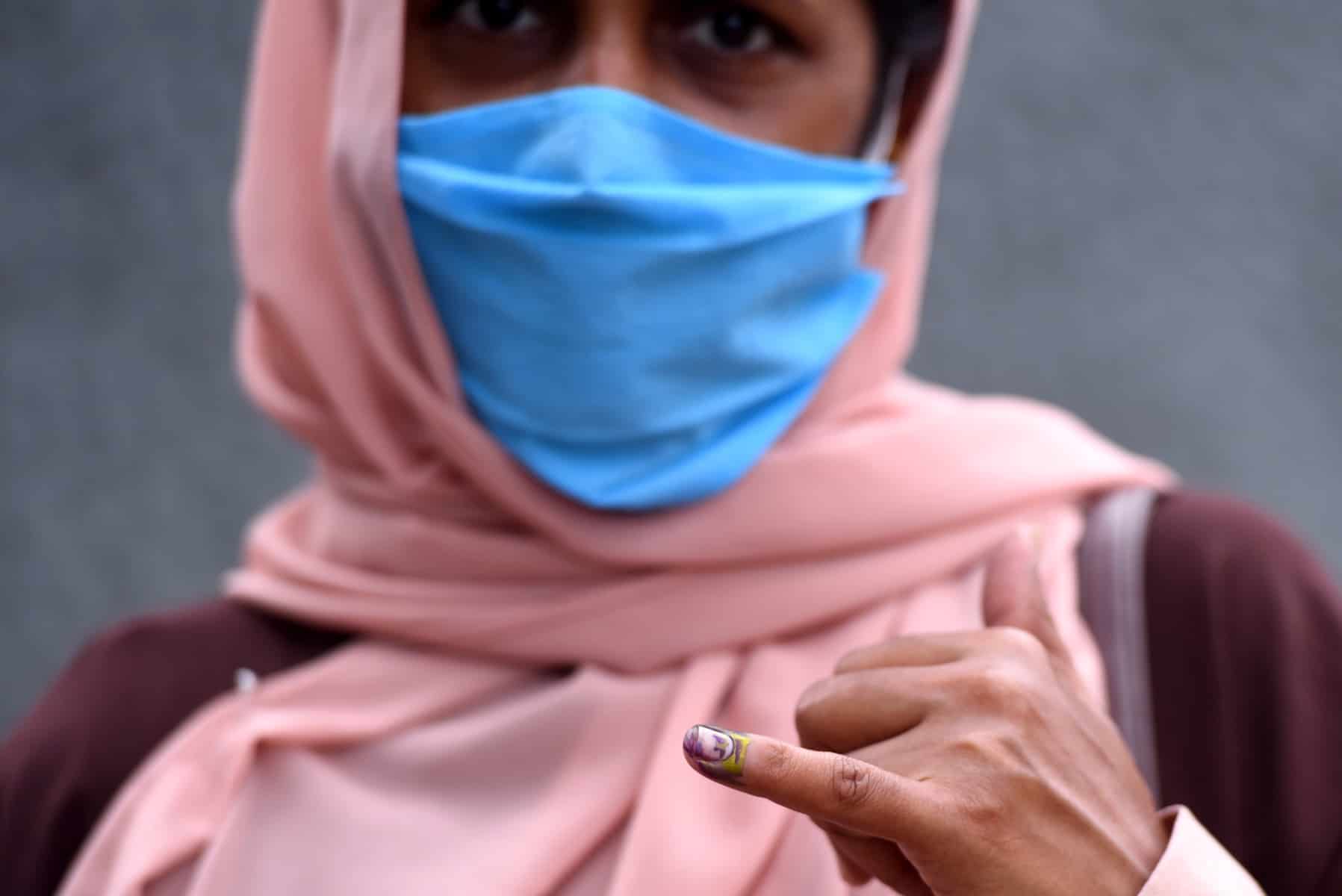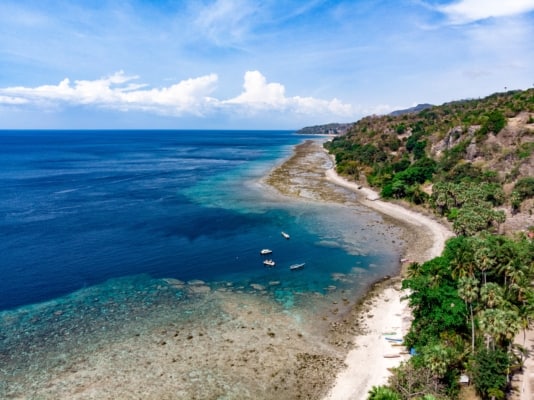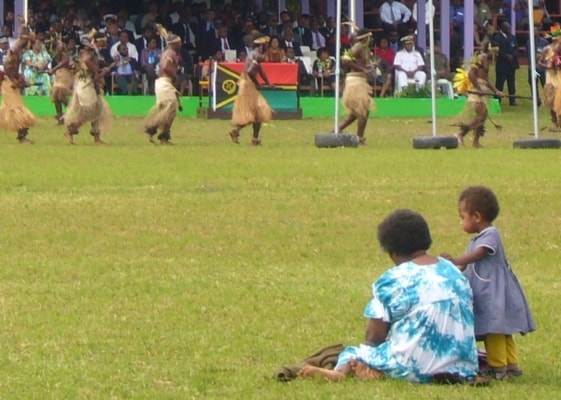These key findings and early insights from the DLP project ‘Non-elite pathways to women’s political leadership’ follow on from part 1 of this research note.
Women’s cultural, ethnic and religious roles and caste identity in the community, if acknowledged, can both help and hinder women’s political activism. Many women feel empowered by their identity – be that Tamil, Sinhala or Muslim – and their ability to represent a particular group of constituents, including in their own party. This may particularly be the case for women in politics who are motivated by personal ethnicity-based experiences of injustice. Yet some candidates were explicit in their desires not to use (or misuse) aspects of their identity for political gain.
Quotas can have a positive impact on women’s political activities but have important implications that need to be considered. Quotas have been introduced in Sri Lanka at the local-government level (LGL). A mandatory reserve seat quota of 25% for women was introduced in 2016, through a one-third increase in the total number of seats, reserved for women as ‘an independent group’ and legislative mandates introduced in 2017 instructing parties to nominate women on both First-Past-the-Post (FPTP) and Proportional Representation electoral lists. Prior to these reforms, Sri Lanka’s history of very low participation among women in politics created a tendency for women not to aspire to political participation or to see politics as an appropriate place for women.
The LGL quota, albeit flawed, has seen women previously not involved in politics invited into the political space. It has been an important milestone that, if extended to the Provincial and Parliamentary levels, could help see a dramatic reversal of the extremely low rate of women’s political participation at these levels of government.
However, it is not the only strategy and can be limited in challenging structural inequalities that marginalise women in politics. Particularly when set in the context of the male-dominated culture and the lack of experience of some elected women, a quota risks the involvement of women in uninfluential, gender stereotypical roles:
“One woman member of the district council serves tea during meetings. So that is the state. So a woman’s role is to serve tea, whether she is a member of the District Council or Municipal Council… So what is the significance of them getting in if they have no recognition to move to the next stage?”
Aspirant for Provincial Council elections.
Parties have a pivotal role to play in order to increase women’s participation and success as candidates. Informants acknowledged the ‘patriarchal structures of Sri Lankan political parties’, where women are not able to make party lists, get cut off during nominations, and do not have the same access to campaign financing as men. Parties are often viewed as using women to collect votes. The new LGL quota risks tokenism. Women are rarely included on party lists for provincial council elections.
A change in party politics is needed to foster greater transparency, consistency and communication around nomination to party lists and distribution of party funds.
There may be a disjuncture between what citizens believe is good leadership and what women aspirants and politicians see as a positive leader. Women aspirants and politicians identified several strong characteristics of a good leader: a leader is available to her constituents and guides her people with honesty. Leadership also means not touching public money and building trust. By contrast, citizens were seen as wanting something from their leaders, often in the form of finance – which frequently leads to false promises.
“She should have an inquiring mind and question discrimination, injustice and falsehood. She should be educated about current and world affairs and have basic knowledge of the law and governance.”
Local government level representative of Muslim identity.
Informants also spoke of the need to avoid the masculinist approach of using a harsh tone or addressing large gatherings on large stages as opposed to a more focused conversation and smaller meetings to discuss constituent’s needs – emphasising that a good leader gives their people access to their rights.
Solidarity among women and mentorship is key. Newly elected women expressed disappointment that senior women politicians neither reach out to congratulate them on their successes nor offer mentorship to navigate their newly appointed roles. While there are some exceptions, party politics may inhibit greater solidarity and mentorship between women politicians which prevents them from being transparent and supporting each other.
The Sri Lankan Women Parliamentarians’ Caucus is a key avenue for women politicians to band together across party-lines in order to raise the visibility of common concerns (e.g. child abuse in children’s homes) or to challenge gender bias in politics. Regarding bias, the Caucus came together to support the appointment of the Deputy Inspector General of Police (DIG) Bimshani Jasin Arachchi, the first and only female DIG of Sri Lanka and whose appointment drew harsh criticism in some circles. Without this support, such incidents may discourage women’s political participation.
Women aspirants and candidates spoke of training and raising awareness to enhance their capacity to contest and lead, including practical skills (public speaking, use of social media, engaging with the media in gender-insensitive contexts) through to visionary leadership approaches, such as carving out a particular political position and communicating that vision to constituents.
What’s next?
The case study interviews have been exploratory, revealing distinct pathways to politics, and a range of factors that have encouraged or discouraged women activists from seeking a political career. Case study interviews do not, however, allow us to understand as deeply as we would like the diverse ways that women understand and experience these issues, particularly important in contexts where religion, ethnicity, class and so on, shape political possibilities.
The next stage of research will be Focus Group Discussions (FGDs) to add further depth to our understanding (planned for April-May 2021). Our preliminary research has identified themes worth further interrogation, and helped us pinpoint with which groups of women we would like to hold FGDs. In Sri Lanka these include: community-based groups; youth parliamentarians; women actively engaged in politics and NGOs involved in training and support; and activists from women’s rights NGOs.
Based on the findings from the interviews and FGDs in Indonesia and Sri Lanka, we will develop a series of survey questions to determine how widespread and consistent the factors facilitating/preventing grassroots women entering formal politics are, and how they vary across intersecting identities. Reflexive research dialogues will provide opportunities for stakeholders to make sense of research findings, and reflect on what they mean for policy and practice.
This research note was written by the Sri Lankan research team, please email Ramona Vijeyarasa, Nadine Vanniasinkam or Viyanga Gunasekera for further information.











